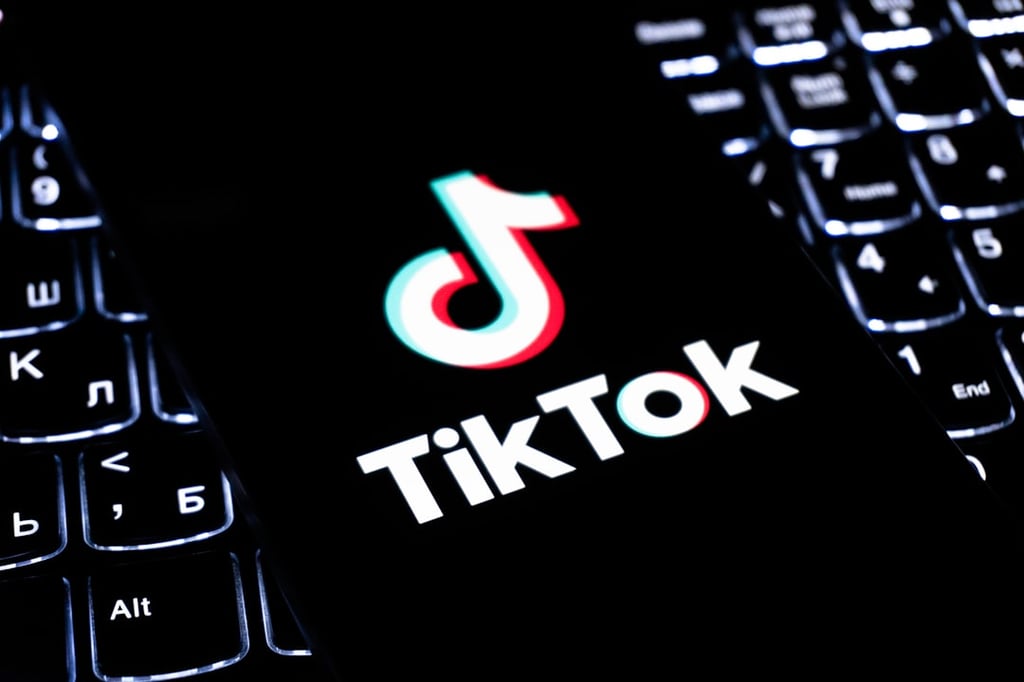Datamation content and product recommendations are
editorially independent. We may make money when you click on links
to our partners.
Learn More
LG Electronics Thursday became the latest in a long line of mobile device manufacturers to ink a licensing deal with Microsoft to protect itself from litigation over alleged patent infringement in Google’s Android mobile operating system and Chrome OS Platform.
Microsoft (NASDAQ:MSFT) has now lined up 11 manufacturers willing to pay for protection. Neither party disclosed the financial terms of the licensing deal.
“We are pleased to have built upon our longstanding relationship with LG to reach a mutually beneficial agreement,” said Horacio Gutierrez, corporate vice president and deputy general counsel of the Intellectual Property Group at Microsoft. “Together with our 10 previous agreements with Android and Chrome OS device manufacturers, including HTC, Samsung and Acer, this agreement with LG means that more than 70 percent of all Android smartphones sold in the US are now receiving coverage under Microsoft’s patent portfolio. We are proud of the continued success of our program in resolving the IP issues surrounding Android and Chrome OS.”
Microsoft began taking action against handset manufacturers building Android devices in 2010, with a lawsuit against Motorola. The suit alleged infringement of nine Microsoft patents in the Android-powered Droid mobile handsets built by Motorola (NYSE:MOT).
In a blog post about the filing, Gutierrez wrote at the time: “The patents at issue relate to a range of functionality embodied in Motorola’s Android smartphone devices that are essential to the smartphone user experience, including synchronizing e-mail, calendars and contacts, scheduling meetings and notifying applications of changes in signal strength and battery power.”
Android was built on the Linux kernel, and for years Microsoft has claimed that Linux vendors are infringing some 235 of its patents.
In March of last year, Microsoft trained its legal guns on Barnes & Noble and its device manufacturer partners: Foxconn International Holdings and Inventec. Microsoft alleged patent infringement by the Barnes & Noble Nook e-reader, which is powered by Android.
In that case, Microsoft specifically identified at least five patents that it alleged Android infringes upon. The patents include descriptions of:
- A method to enable the opening of a new, tabbed control window
- A method for remote retrieval and display management of electronic documents
- A method for providing the status of a download in a browser with limited available display area
- A method for selecting text in electronic documents
- A method and apparatus for capturing annotations for a non-modifiable document
While the Motorola and Barnes & Noble suits remain outstanding, other original equipment manufacturers (OEMs) and original device manufacturers (ODMs), like LG, have elected to agree to Microsoft’s licenses rather than face it in court.
In August of last year, Google (NASDAQ:GOOG) moved to acquire Motorola Mobility (NYSE:MMI) for $12.5 billion. Motorola Mobility’s shareholders voted in favor of the transaction in November, but the deal has yet to close. The acquisition would give Google access to some 16,000 patents that most experts agree Google will attempt to use to indemnify its Android partners against infringement suits.
Thor Olavsrud is a contributor to InternetNews.com, the news service of the IT Business Edge Network, the network for technology professionals.
-
Huawei’s AI Update: Things Are Moving Faster Than We Think
FEATURE | By Rob Enderle,
December 04, 2020
-
Keeping Machine Learning Algorithms Honest in the ‘Ethics-First’ Era
ARTIFICIAL INTELLIGENCE | By Guest Author,
November 18, 2020
-
Key Trends in Chatbots and RPA
FEATURE | By Guest Author,
November 10, 2020
-
Top 10 AIOps Companies
FEATURE | By Samuel Greengard,
November 05, 2020
-
What is Text Analysis?
ARTIFICIAL INTELLIGENCE | By Guest Author,
November 02, 2020
-
How Intel’s Work With Autonomous Cars Could Redefine General Purpose AI
ARTIFICIAL INTELLIGENCE | By Rob Enderle,
October 29, 2020
-
Dell Technologies World: Weaving Together Human And Machine Interaction For AI And Robotics
ARTIFICIAL INTELLIGENCE | By Rob Enderle,
October 23, 2020
-
The Super Moderator, or How IBM Project Debater Could Save Social Media
FEATURE | By Rob Enderle,
October 16, 2020
-
Top 10 Chatbot Platforms
FEATURE | By Cynthia Harvey,
October 07, 2020
-
Finding a Career Path in AI
ARTIFICIAL INTELLIGENCE | By Guest Author,
October 05, 2020
-
CIOs Discuss the Promise of AI and Data Science
FEATURE | By Guest Author,
September 25, 2020
-
Microsoft Is Building An AI Product That Could Predict The Future
FEATURE | By Rob Enderle,
September 25, 2020
-
Top 10 Machine Learning Companies 2020
FEATURE | By Cynthia Harvey,
September 22, 2020
-
NVIDIA and ARM: Massively Changing The AI Landscape
ARTIFICIAL INTELLIGENCE | By Rob Enderle,
September 18, 2020
-
Continuous Intelligence: Expert Discussion [Video and Podcast]
ARTIFICIAL INTELLIGENCE | By James Maguire,
September 14, 2020
-
Artificial Intelligence: Governance and Ethics [Video]
ARTIFICIAL INTELLIGENCE | By James Maguire,
September 13, 2020
-
IBM Watson At The US Open: Showcasing The Power Of A Mature Enterprise-Class AI
FEATURE | By Rob Enderle,
September 11, 2020
-
Artificial Intelligence: Perception vs. Reality
FEATURE | By James Maguire,
September 09, 2020
-
Anticipating The Coming Wave Of AI Enhanced PCs
FEATURE | By Rob Enderle,
September 05, 2020
-
The Critical Nature Of IBM’s NLP (Natural Language Processing) Effort
ARTIFICIAL INTELLIGENCE | By Rob Enderle,
August 14, 2020
SEE ALL
ARTICLES









